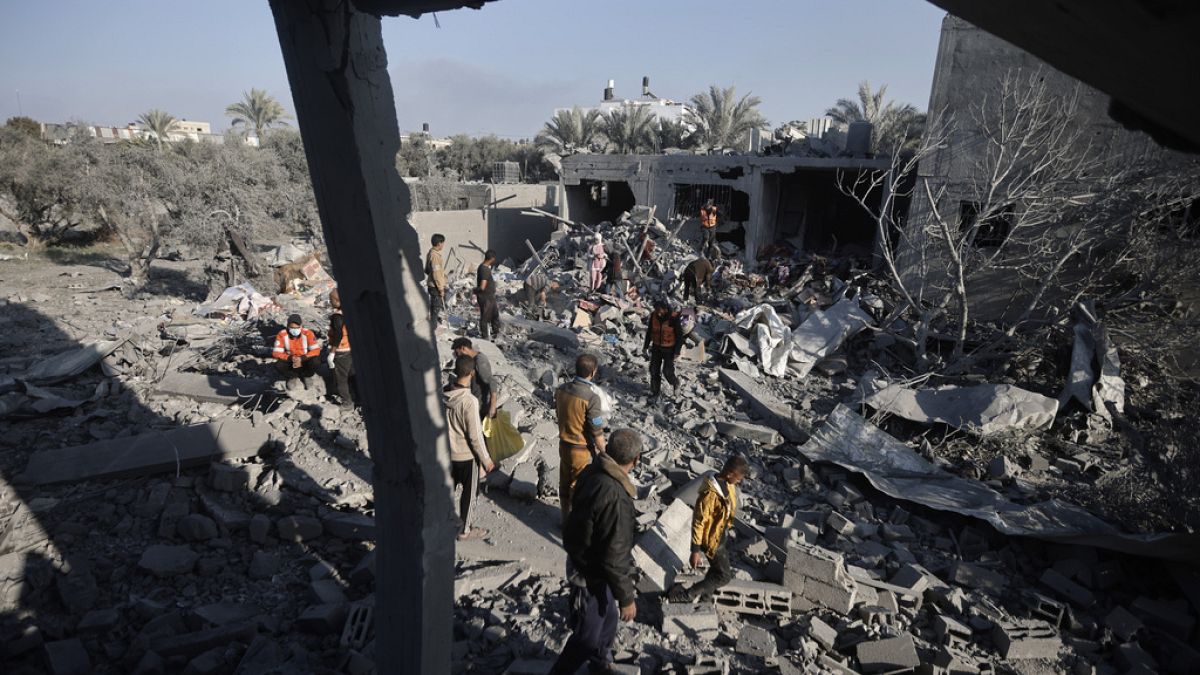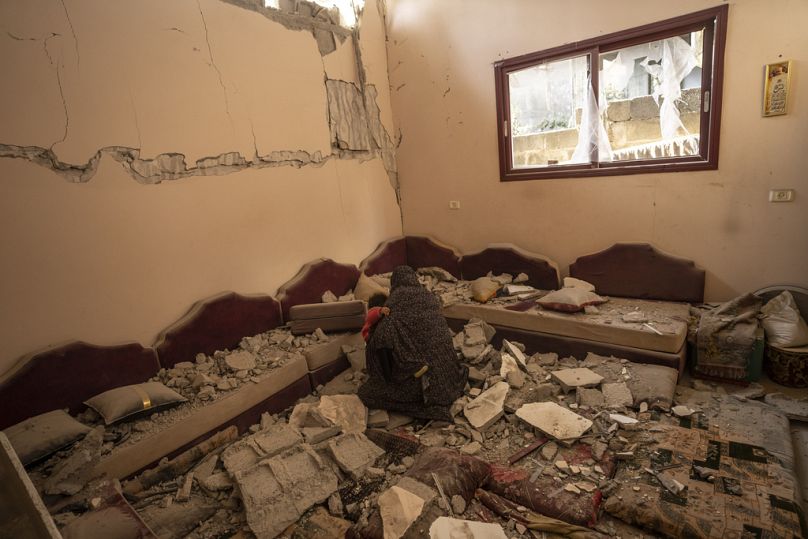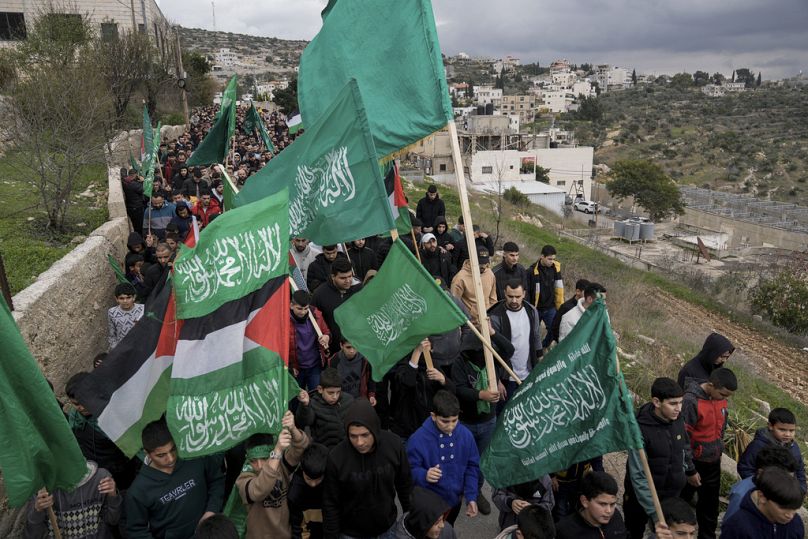
The United Nations humanitarian chief has described Gaza as “uninhabitable” three months into Israel’s war with Hamas, warning that famine was looming and a public health disaster unfolding.
Assessing the devastating impact of Israel’s military response to the horrific Hamas attacks on 7 October, Martin Griffiths said that Gaza’s 2.3 million people face “daily threats to their very existence.”
He pointed out that tens of thousands of people, mostly women and children, have been killed or injured, families are sleeping in the open as temperatures plummet and areas where Palestinians were told to relocate have been bombed.
“People are facing the highest levels of food insecurity ever recorded (and) famine is around the corner,” Griffiths said.
The few partially functioning hospitals are overwhelmed and critically short of supplies, medical facilities are under relentless attack, infectious diseases are spreading and, amidst the chaos, some 180 Palestinian women are giving birth every day.
“Gaza has simply become uninhabitable,” the UN undersecretary-general for humanitarian affairs said.
He said the humanitarian community is facing an “impossible mission” – trying to help more than two million people, while UN staff and aid workers from partner organisations are killed, communications blackouts continue, roads are damaged, truck convoys are shot at and vital commercial supplies “are almost non-existent”.

Griffiths’ message comes as UNICEF warn that cases of diarrhoea among children under 5 have risen from 48,000 to 71,000 in Gaza – an indication of poor nutrition.
Only 2,000 cases of diarrhoea are usually reported each month in the Gaza Strip.
“The threat of epidemic spread could result in more deaths than those caused by the war itself,” said Dr. Mousa Aabed, Director of Primary Health Care at the Ministry of Health in Gaza.
“Currently, many diseases are spreading among displaced citizens, including diarrheal illnesses,” he said, adding that respiratory infections, skin diseases, and worms are among the most common.
For new arrivals in the Southern Gaza Strip, it is a landscape of misery, with the sanitation system broken down and working toilets a rarity. Illnesses, including rashes, respiratory problems, diarrhoea and other intestinal diseases run rampant among multiple extended families all squeezed together in shelters, homes or on the street.
Palestinians seeking refuge in southern Gaza say every day has become a struggle to find also food, water, medicine and working bathrooms.
The UN children’s agency says most young children and pregnant women in the Gaza Strip are not able to meet their basic nutrition needs.
Only a trickle of humanitarian aid has entered the Palestinian territory since Hamas’ deadly attack on southern Israel ignited the war.
Fewer than 200 aid trucks enter each day, less than half the prewar level – and aid groups say the fighting hinders distribution.

Meanwhile, regional tensions continue to spread after Lebanon filed a complaint to the UN Security Council accusing Israel of launching an attack in Beirut that killed Hamas leader Saleh al-Arouri.
The official complaint asserted that Israel fired six missiles in the assault, targeting a residential area in the southern suburbs of the city.
The Israeli army said that it was conducting new strikes targeting “Hezbollah infrastructure” in southern Lebanon.





